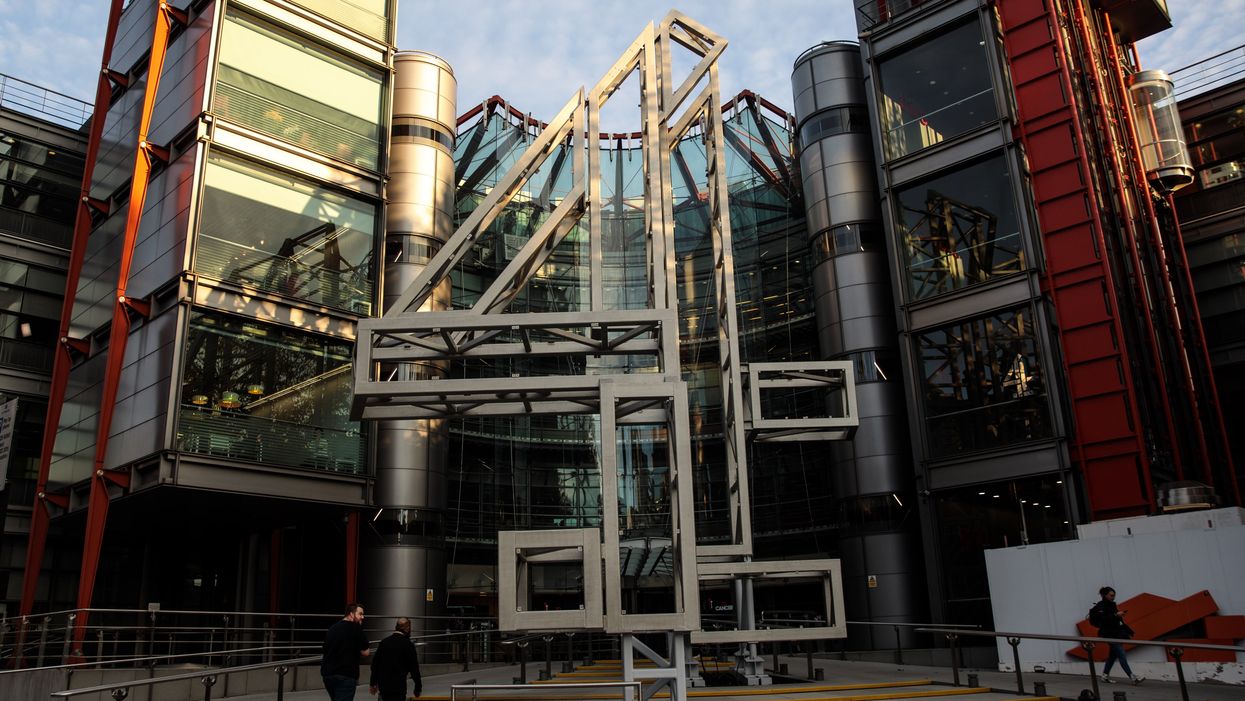Sinead Butler
Jun 23, 2021

Channel 4 London headquarters
Getty Images
The Government is considering privatising Channel 4, and the media experts and commentators are not happy with the move that could change the landscape of British television.
A consultation on the decision has been opened - putting a question mark over the future of the public service broadcaster that was founded in 1982.
When the channel was launched 39 years ago, its aim was to “foster the new and experimental in television” and give a voice to marginalised communities.
Dorothy Bryne, former head of news and current affairs at Channel 4 has warned selling off the channel may cause a loss of international news output and major foreign documentaries.
She describes how this would be a “loss for Britain.”
“I think in Britain we have a tendency not to recognise how good some of the things that we have are, our system of regulated public service television is the envy of the world and Channel 4 is part of that system,” she told Times Radio.
“Channel 4 provides one hour of news a night. You can go all over the world and I think you’ll only see that in one other country, the last time I looked.”
Bryne explains how there is “no way” a private owner would want an hour of regulated news or big international documentaries like Bafta-winning and Oscar-nominated film, For Sama.
“We would lose that and that would be a loss to Britain,” she added.
Channel 4’s chief executive, Alex Mahon, previously said the broadcaster could have “different priorities” if it is privatised, and cautioned against doing anything “irreversible” which could “possibly damage some of those things that we do for the sector”.
Just four years ago, the Government described the channel as a “precious public asset”, the Guardian reported.
So what’s changed?
Culture Secretary, Oliver Dowden explains in The Times that Channel 4 was set up for there to be greater choice for viewers.
But thanks to streaming services such as Netflix, Amazon Prime, Disney + and Apple TV+, “choice is no longer an issue.”
“Private investment would mean more content, more jobs and a more sustainable future for Channel 4,” he added.
Though it appears many within the media industry disagree with Dowden’s analysis.
Our TV industry is a British success story. Channel 4 profits go back into the industry: selling it off will give t… https://t.co/7WFxF9SHHo— Armando Iannucci (@Armando Iannucci) 1624436310
true to form Boris 'Fuck Business' Johnson wants to wreck Channel 4, a successful venture— Toby Earle (@Toby Earle) 1624443224
Channel 4 has been good for our country. We’ve all learnt something from it. It’s run and staffed by people with in… https://t.co/7VjeC9yuvv— Tim Walker (@Tim Walker) 1624430349
There aren't that many UK media institutions still committed to doing serious global reporting, @Channel4News is on… https://t.co/yQ0Xx0ZEKt— Josh Glancy (@Josh Glancy) 1624443736
Labour MPs have also been critical over the move.
With Channel 4, yet again, under the threat of privatisation I spoke to their Chief Executive, Alex Mahon, and Chai… https://t.co/zl2eqTfMTY— Kevin Brennan MP (@Kevin Brennan MP) 1624441680
If Ministers genuinely wanted to help Channel 4 get more access to capital to expand they cld convert it into a mut… https://t.co/eHnYbhU4fC— Gareth Thomas MP (@Gareth Thomas MP) 1624439960
Colin Browne, chairman of Voice of the Listener & Viewer, which represents citizen interests in broadcasting, said it was “difficult to see” how privatising Channel 4 would be advantageous to viewers.
A statement said: “We will approach the broadcasting white paper consultation from the perspective of what is in the best interests of viewers, citizens and the UK production base.
“At first sight, it is difficult to see how the privatisation of Channel 4 can meet these criteria, but we will be responding fully to the consultation once it opens.”
The broadcaster has since responded to the news of the consultation in a statement on Twitter:
They described how they have invested £12 billion into UK-based programmes, and “impacting lives for the better with content like It’s a Sin, the Paralympics, Dispatches, and Gogglebox.”
“Our focus is on maximising our impact for British audiences and the UK economy.
“Evidence has consistently shown that our model of public ownership and commercial funding is a highly effective means of delivering this, and with market leading growth in streaming and digital revenues, is well placed to do so over the long term.”
Our response to today’s announcement by DCMS that it is launching a consultation into the future of Channel 4: https://t.co/h9B03fpKEX— Channel 4 Press (@Channel 4 Press) 1624445216
The consultation will also consider whether new regulations for streaming services like Netflix and Amazon Prime need to be introduced in line with rules already in place for traditional broadcasters.
Top 100
The Conversation (0)













